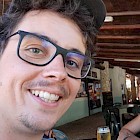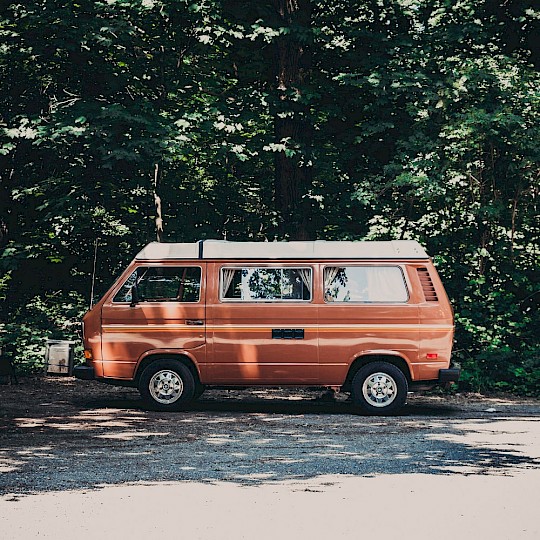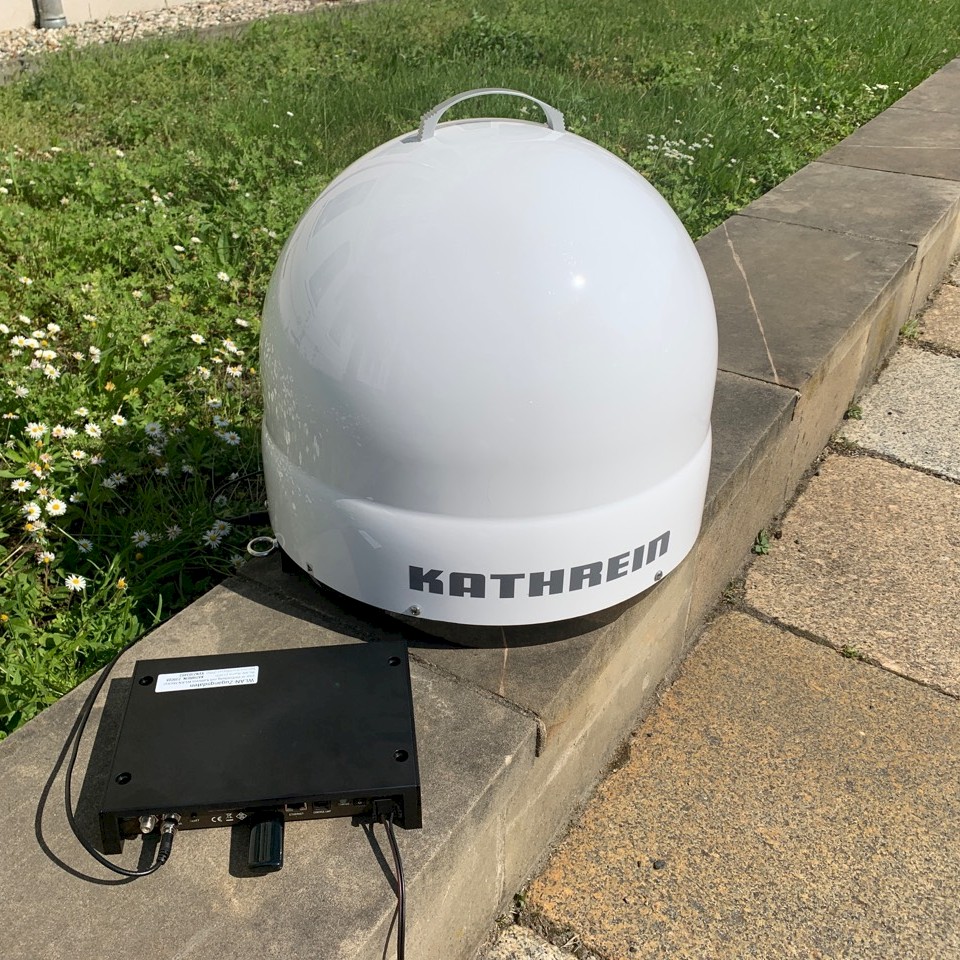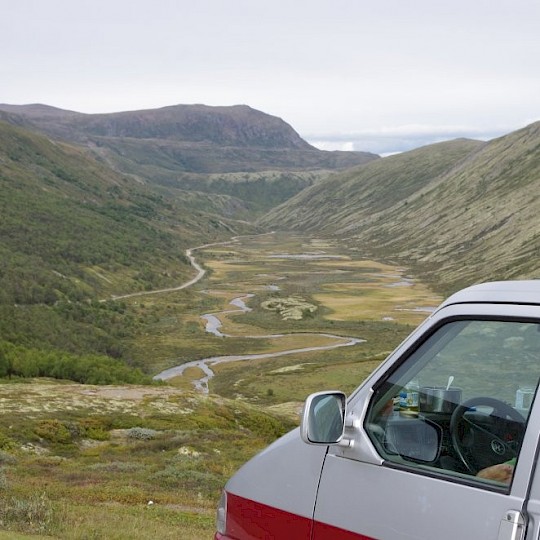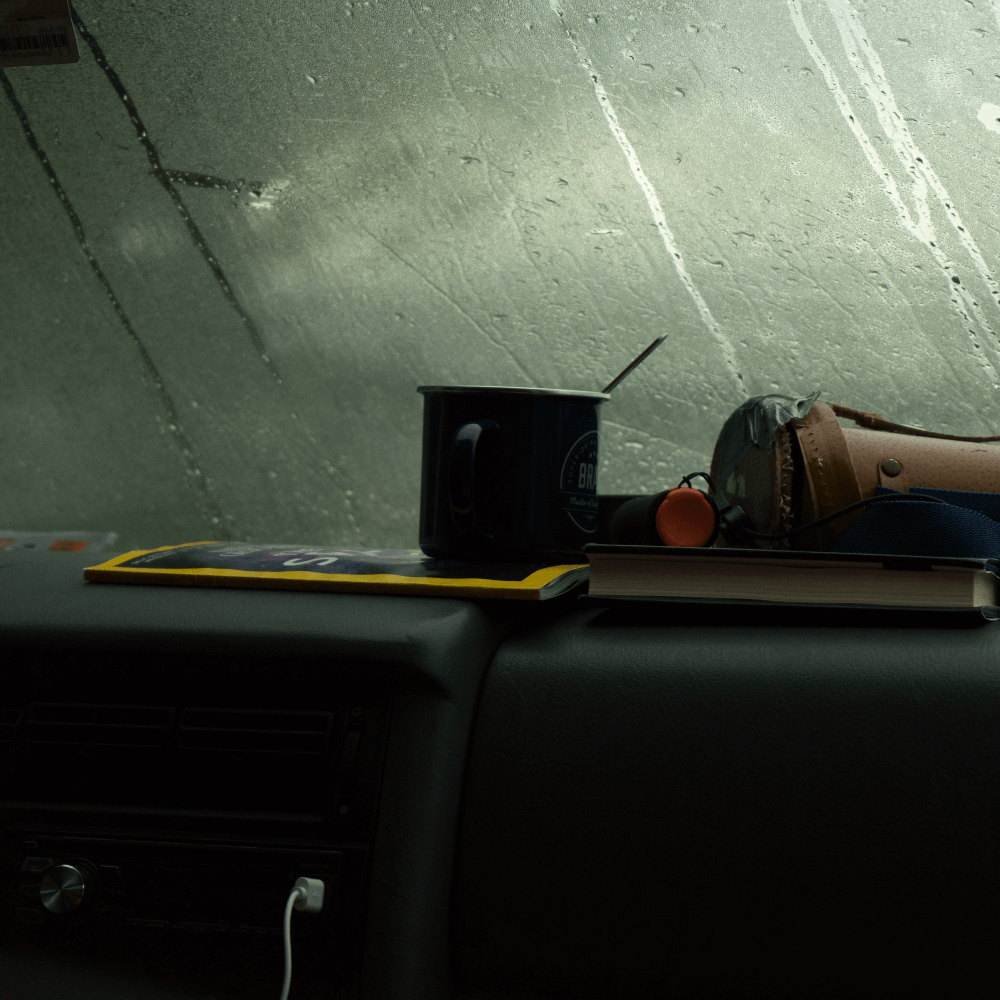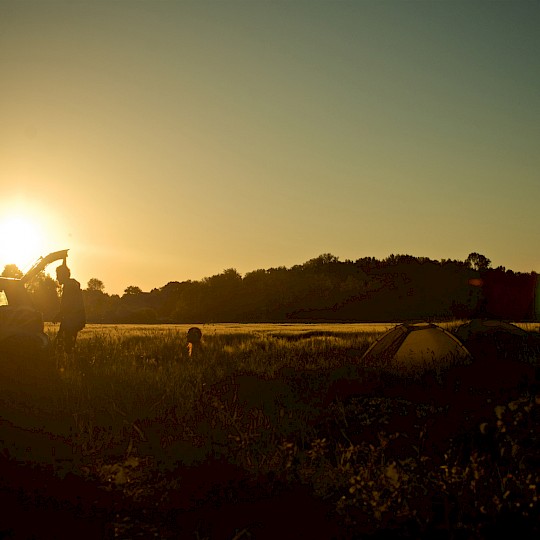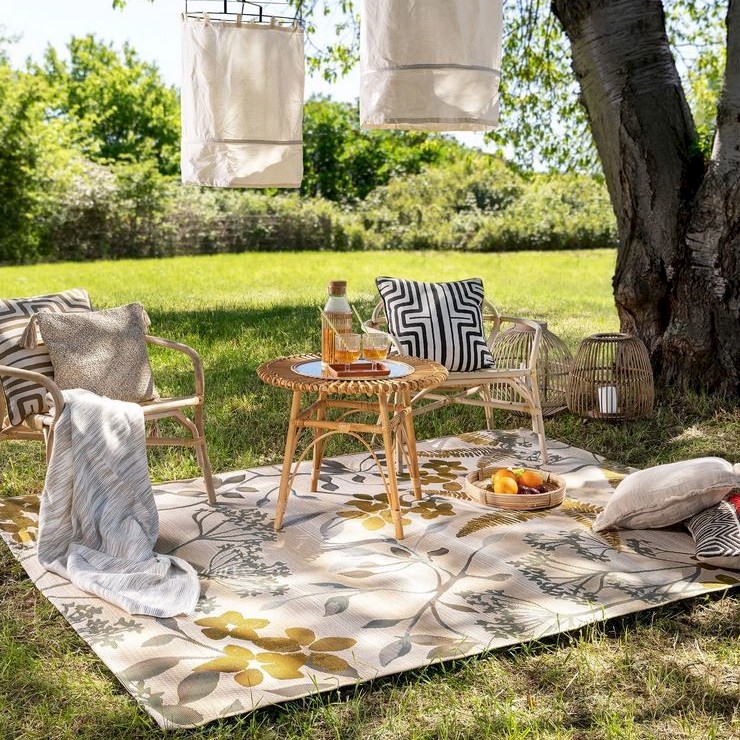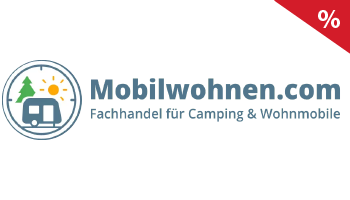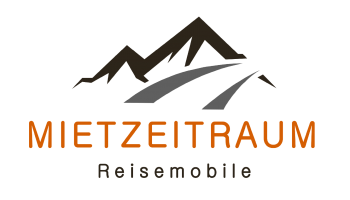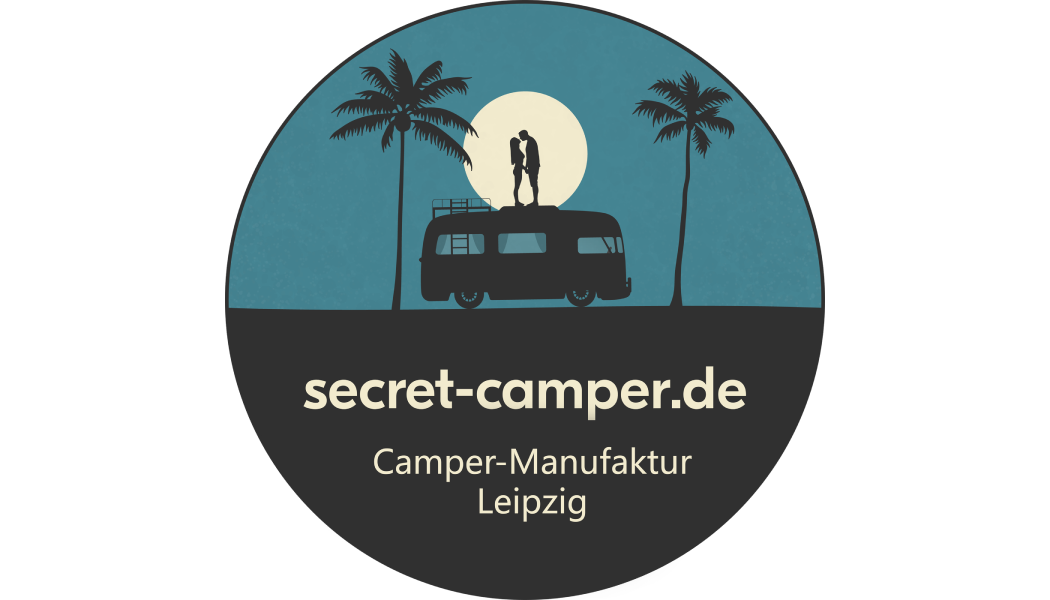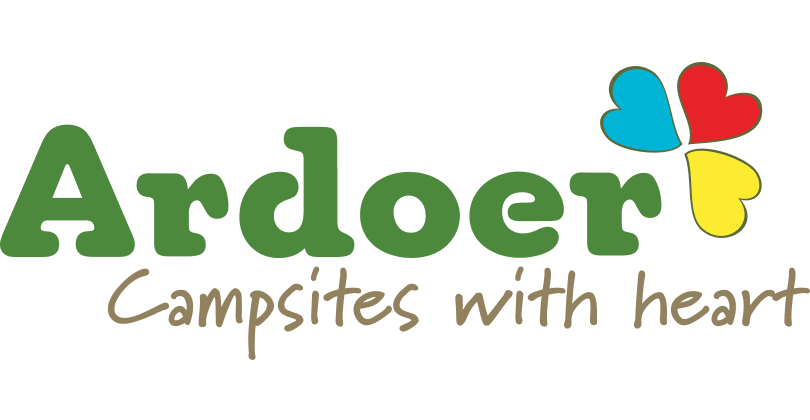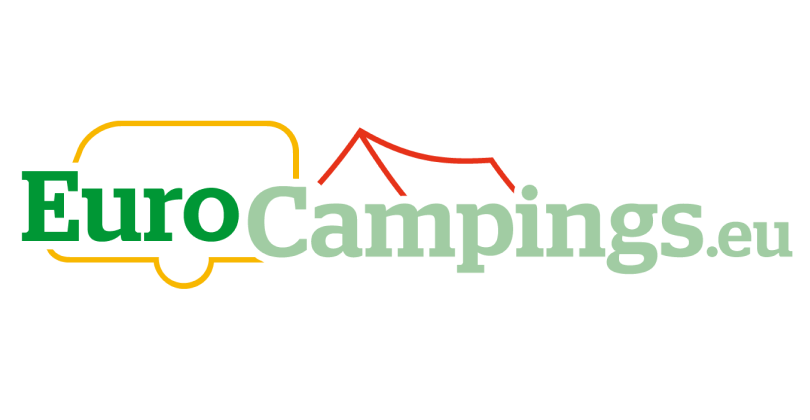Fact #1 - Unique capital city
Bratislava is the only capital in the world that borders on two different countries. To the west, it borders Austria and to the south, Hungary.
Fact #2 - Free travel for EU citizens
Since the end of 2014, EU citizens have been able to travel free of charge by train in Slovakia. At least if you are under 26 years old and a student, or over 62 years old.
Fact #3 - Wooden altar
In the St. Jakob Church in the city of Levoča stands the world's largest wooden altar. It is 18.6 meters high, six meters wide and was built without a single nail.
Fact #4 - Danger of confusion
Slovakia and Slovenia are often confused. Every month employees of the Slovak and Slovenian embassies meet to exchange incorrectly addressed mail.
Fact #5 - Castles and chateaux
With 180 castles and 425 chateaux, with just 5.4 million inhabitants, Slovakia has the highest number of castles per inhabitant.
Fact #6 - Caves
There are over 6,000 caves in Slovakia. One of them is the Ochtina Aragonite Cave, which is one of only three accessible aragonite caves in the world.
Fact #7 - Oldest Marathon
The "International Peace Marathon" in Košice is the oldest marathon in Europe and the second oldest marathon in the world after the Boston marathon.
Fact #8 - Wooden churches
The wooden churches in the Slovak part of the Carpathians are part of the UNESCO world cultural heritage. They were built between the 15th and 17th centuries without nails.
Fact #9 - Central Europe
According to some calculations, the geographical center of Europe lies in the municipality of Kremnické Bane. However, several villages in the region claim this title.
Fact #10 - Zipser Castle
The Spiš Castle (Slovak: Spišský hrad) in northeastern Slovakia is one of the largest castles in Europe and was built in the 12th century.


